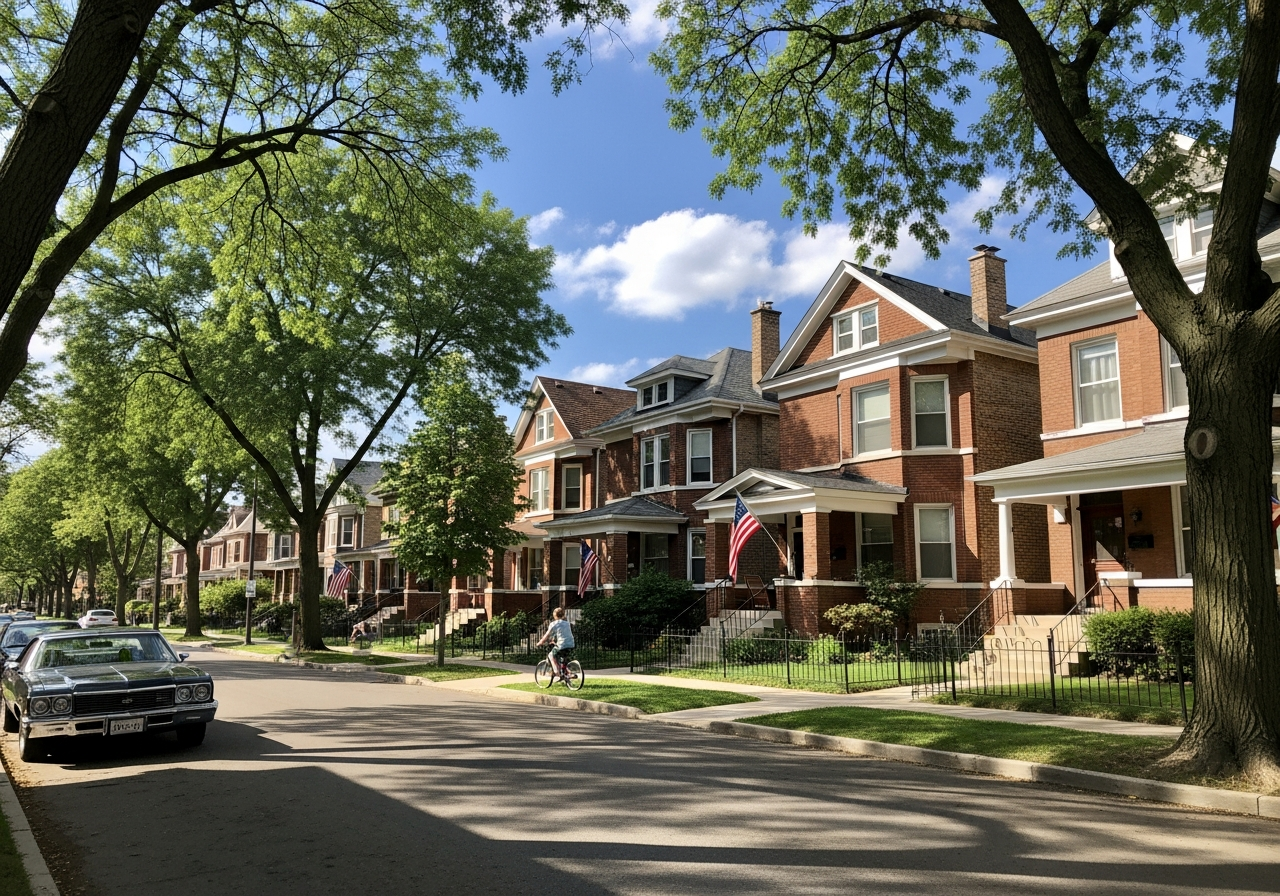
Image Source: KeyCrew Media, generated with Google Imagen 4
Chicago’s reputation as a tenant-friendly city is beginning to test the patience of its landlords. In recent months, a growing number of small property owners have started to sell off their rentals, not because of falling demand or rising interest rates, but because managing these properties has become too complicated.
Broker Alex Wolking says he’s hearing the same refrain from clients across the city: compliance has turned into a second job. “It’s getting cumbersome to do business in Chicago,” he says. For owners with just one or two units, new ordinances and expanding disclosure requirements have created a thicket of paperwork and uncertainty that larger companies can absorb but individuals cannot.
The result is a slow but steady thinning of the city’s mid-sized rental market. As smaller landlords cash out, their properties often end up in the hands of developers or institutional investors, a shift that may leave renters with fewer choices and neighborhoods with less of the mix that once defined Chicago housing.
The Burden of Doing Business
The most recent flashpoint is the Tenant Opportunity to Purchase Ordinance (TOP), which applies to parts of the city’s Northwest Side. Designed to prevent displacement, the rule requires landlords to give tenants advance notice before selling a multifamily building and to offer them the first chance to buy. The goal is admirable – stability for renters – but the process can stretch a sale by weeks and add layers of paperwork for even small transactions.
The TOP is only one part of a broader picture. Long-standing regulations under the Residential Landlord and Tenant Ordinance (RLTO) already dictate how landlords handle deposits, late fees, and repairs, with penalties for even minor violations. State-level updates have introduced new disclosure and anti-retaliation rules, while proposed rent-control measures – still prohibited but repeatedly debated – have heightened uncertainty.
The cumulative effect is a system that feels increasingly tilted against small-scale owners, many of whom lack the legal or administrative infrastructure to keep up.
Who’s Selling – and Why It Matters
The landlords leaving the market aren’t corporations or large portfolio owners. They’re individuals who rent out a former home or manage a two-family on the side. Some are retirees looking to simplify their finances. Others have decided that one more rule or ordinance is one too many. Wolking says these sales often happen as leases expire, when renewing tenants would mean another year of compliance headaches.
Their departure creates ripple effects. Small landlords have long been a stabilizing force in Chicago housing: flexible about credit scores, willing to negotiate, and often charging lower rents than corporate property managers. As they sell, that inventory disappears, replaced by larger investors whose financial models demand higher returns. Over time, the city risks losing the affordability that small-scale ownership once helped sustain.
The Ripple Effect
Wolking notes that many of these listings are finding ready buyers. Institutional capital has moved in to fill the gap, purchasing small and mid-sized apartment buildings that once belonged to local owners. These companies can more easily absorb compliance costs and navigate the city’s regulations. For renters, that can mean better-maintained units, but also higher rents and less personal contact with ownership.
In the short term, the influx of professional investors may help keep supply steady. Over the long term, however, it concentrates ownership in fewer hands. The transition from neighborhood landlords to corporate landlords mirrors trends in other major U.S. cities, where policy designed to protect tenants has inadvertently accelerated the corporatization of rental housing.
Balancing Protections and Participation
Few argue that Chicago’s tenant protections are unnecessary. The city’s renters make up more than half its population, and strong rules have prevented many from being priced out of fast-changing neighborhoods. But policy that keeps renters secure must also keep landlords engaged. Streamlined compliance systems, clearer guidance for small owners, and phased enforcement of new requirements could help restore that balance.
As Wolking puts it, “Buyers and sellers can both live with rules. They just need consistency.” For now, though, the scales remain uneven. The city’s rental stock isn’t shrinking overnight, but it is quietly changing shape – one small landlord at a time.

